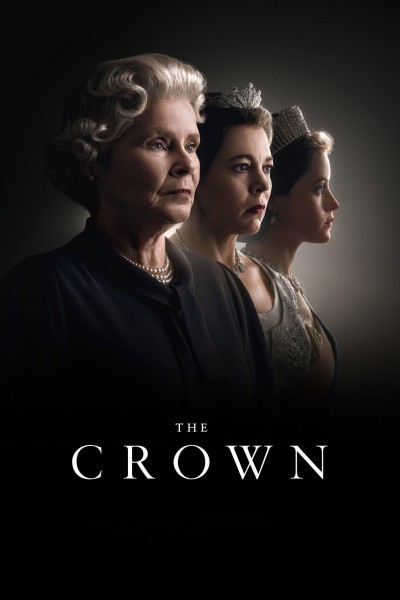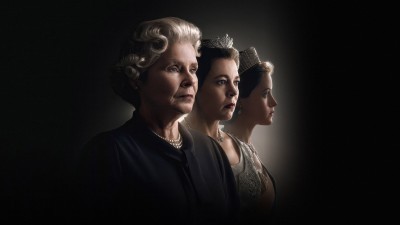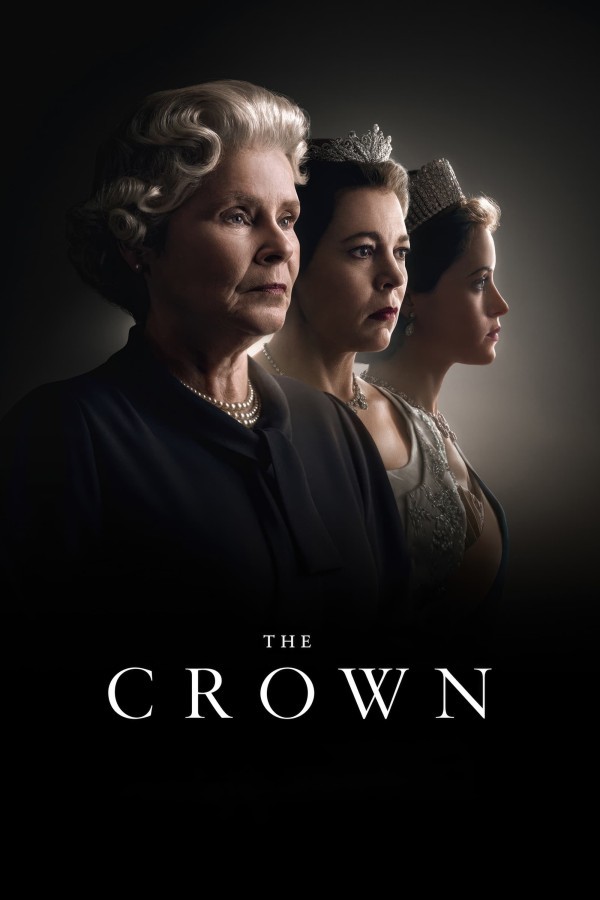Born Elizabeth Angela Marguerite Bowes-Lyon on August 4, 1900, she emerged from a life of British nobility to become a beloved queen consort and a resilient matriarch of the royal family. Known for her grace and indomitable spirit, Elizabeth forged a formidable public persona during her husband King George VI's reign and continued to capture hearts as the Queen Mother, a symbol of stability during a time of uncertainty. In the grand tapestry of British history, she stands as a resilient figure, steeped in duty and dignity.
Her early years were cloaked in privilege, yet she wore it lightly. Her marriage to Prince Albert, Duke of York, thrust her into the royal spotlight at a time when the monarchy faced upheaval. During World War II, her true mettle was revealed; she became a beacon of hope, famously stating, 'I am glad we have been bombed.' Praised for her ability to connect with the public, she would remain in London during the Blitz, choosing to share in the suffering of her people.
As a devoted mother to King George VI and the future Queen Elizabeth II, her legacy transcended her own reign, influencing generations with her poise and compassion. In her twilight years, she embraced her role, participating in public service and charity, her laughter ringing out like a vibrant chime against the clamor of uncertainty. She lived a life filled with contradictions: a mother who claimed love for her children while orchestrating their lives with precision. Her legacy is one of silk and shadow, reflecting how power, privilege, and motherhood converge in a royal life.





 Netflix
Netflix Netflix basic with Ads
Netflix basic with Ads